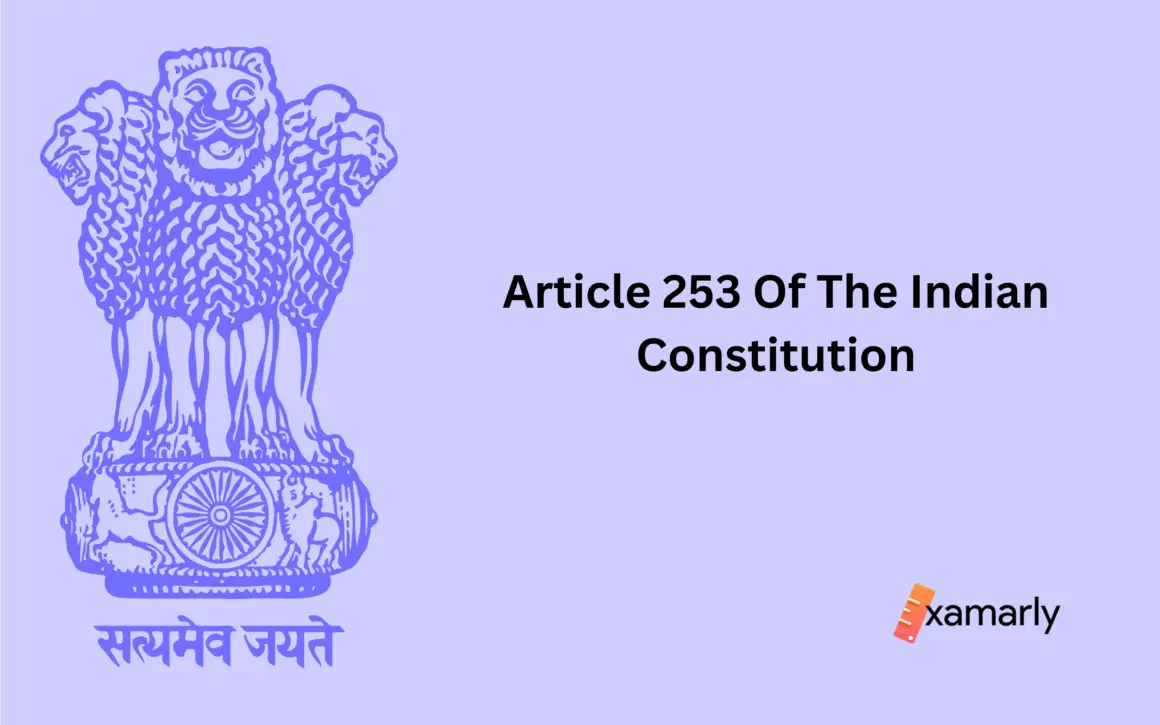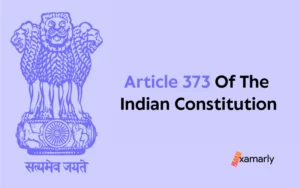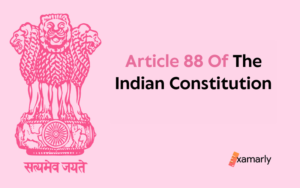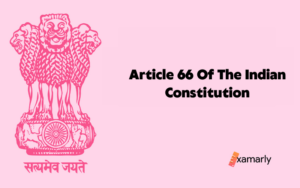Article 253 of the Indian Constitution relates to the power of Parliament to make any law for the whole or any part of the territory of India for implementing any treaty, agreement, or convention with any other country or countries or any decision made at any international conference, association, or other body.
This provision enables Parliament to make laws to give effect to international obligations that India may have undertaken.
It allows Parliament to override the provisions of any other law, including state laws, to the extent necessary to give effect to the international agreement or treaty in question.
This power is subject to the provisions of the Constitution, including the provisions relating to fundamental rights.
Let us dig deep into Article 253 of the Indian Constitution to have an in-depth understanding of what is being said and done therein.
What Does Article 253 Of The Indian Constitution Say?
253. Legislation for giving effect to international agreements Notwithstanding anything in the foregoing provisions of this Chapter, Parliament has power to make any law for the whole or any part of the territory of India for implementing any treaty, agreement or convention with any other country or countries or any decision made at any international conference, association or other body
The clause in Article 253 of the Indian Constitution talks about the laws enacted to implement treaties and other international pacts.
Related – Article 234 Of The Indian Constitution
It says that to implement any treaty, agreement, or convention with any other country or countries or any decision made at any international conference, association, or other body, Parliament may make any law for the entire territory of India or for any portion thereof notwithstanding anything to the contrary in this Chapter.
Summing Up
We can conclude from Article 253 of the Indian Constitution that Parliament has power to make law for implementing any treaty, agreement or convention with any other country or countries.
Any decision made at any international conference, association or other body can be subject to such a law.
FAQs
What is the scope of Article 253 of the Indian Constitution?
Article 253 empowers Parliament to make any law for the whole or any part of the territory of India for implementing any treaty, agreement or convention with any other country or countries or any decision made at any international conference, association or other body. This power is subject to the provisions of the Constitution, including the provisions relating to fundamental rights.
How does Article 253 override other laws?
Article 253 allows Parliament to override the provisions of any other law, including state laws, to the extent necessary to give effect to the international agreement or treaty in question. This means that if a law made by Parliament under Article 253 conflicts with state law or any other law, the law made by Parliament will prevail.
Can Article 253 be used to implement any international agreement or treaty?
Article 253 can be used to implement any international agreement or treaty that has been entered into by the Government of India and is in force. However, the power to enter into such agreements or treaties is subject to the provisions of the Constitution, including the provisions relating to the distribution of legislative powers between the Union and the states.
Is there any limit on the use of Article 253?
Yes, the use of Article 253 is subject to the provisions of the Constitution, including the provisions relating to fundamental rights. This means that Parliament cannot use its power under Article 253 to make a law that violates the fundamental rights of individuals. Additionally, Article 253 cannot be used to implement an international agreement or treaty that is inconsistent with the provisions of the Constitution.






